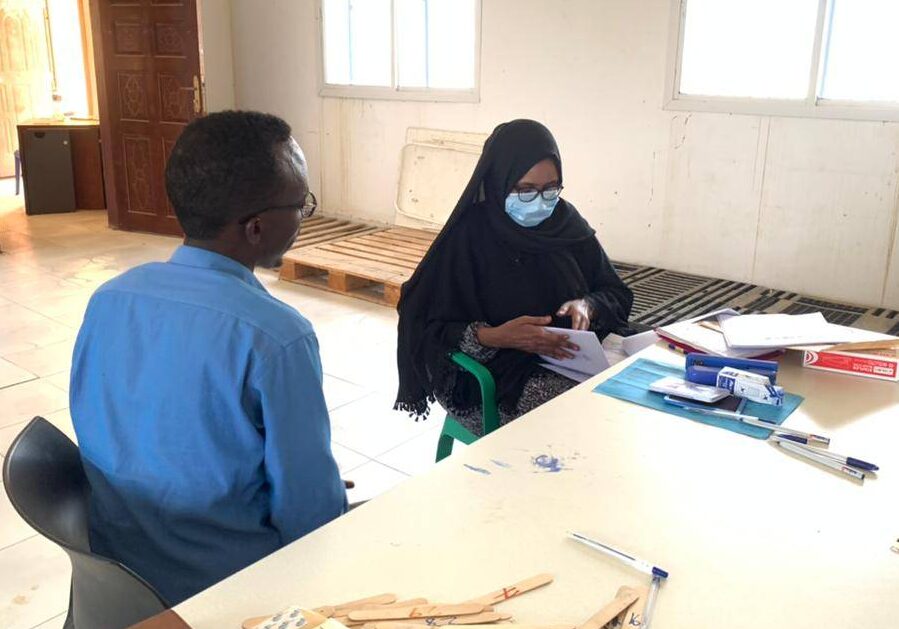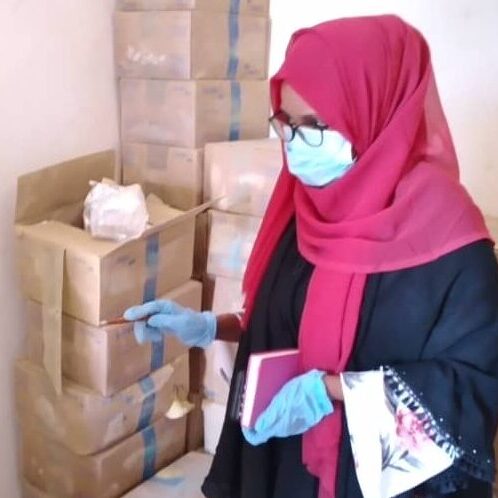- Expertise
- About us
-
Our Purpose
Find out more about CTG’s origins and vision
-
Our Leadership & Management
Meet the team driving CTG’s vision around the globe in conflict settings
-
Our Policies
We adhere to the highest levels of ethical management and corporate governance
-
Contact CTG
Get in touch to find out more about our services
-
CTG’s Culture
At CTG we hire EPIC people
-
- Impact
-
UN Recognition
Global recognition for our social good efforts
-
Sustainable Development Goals
Our commitment to advancing the SDGs
-
Shared Value
Solving social challenges with business solutions
-
Female First
Increasing female representation in humanitarian jobs
-
Putting People First
Leaving a lasting impact on the communities where we work
-
Committed To Good Summit
Accelerating development progress through localised collaboration
-
- Engage
- Work with us
-
Jobs
Find your next post with CTG and sign up to our jobs portal
-
Tayo
CTG’s remote workforce management software
-
Duty Of Care
Protecting our staff and minimising risk in conflict-affected areas
-
Internships
CTG’s Women in Aid: Internship & Mentorship Programme
-
Staff Support
CTG Wellbeing, CTG Learning & CTG Helpdesk
-
Somalia Zamia

I grew up in Hargeisa, Somaliland where I completed my schooling and first degree at university. My first job was at one of the local NGOs in Hargeisa where I worked as a Monitoring and Evaluation Officer for 3 years. In 2015, I moved to Ethiopia to pursue my master’s degree and then returned to Somaliland where I joined CTG as a Field Monitor. In 2019, I was transferred to the new CTG area office where I was promoted to Team Leader.
Since I was a child, I believed it was my responsibility to use my education to help alleviate the suffering of my people and this is what drew me to the humanitarian field.
My Day-To-Day as a Team Leader
Going from Field Monitor to Team Leader shifted and added more responsibilities to my work life. I am responsible for several different tasks such as observing client projects, conducting regular field trips to project sites, and monitoring food delivery and distribution in certain areas. It is also my responsibility to ensure that monitoring services run smoothly and effectively. Inspecting storage places for client commodities to ensure the project’s objectives are met is crucial. I also need to ensure that all checklists of all Food Distribution Points (FDP) are completed and submitted on time in the agreed format by the client.
The Challenges Faced
Being a Team Leader requires you to do regular field visits and some of the routes to the Food Distribution Points are not all smooth sailing. These sites are nestled between mountains and valleys and often the roads are poorly built leaving them rocky or filled with potholes. There were times when it took us 6 hours to get to one FDP. I remember a time when we travelled to an FDP on a rainy day and the valleys were flooded leaving us stranded on the side of the road until the rain subsided. We spent 9 hours in extremely cold weather with no food. Another challenge we face is female aid workers trying to interview male beneficiaries. They refuse as they see it as disrespectful therefore it’s difficult for us to get any information out of them.
What Drew Me To The Humanitarian Field
Since I was a child, I believed it was my responsibility to use my education to help alleviate the suffering of my people and this is what drew me to the humanitarian field. After 8 years in the field, I knew I was committed to helping women and children in need. It is so satisfying seeing them smile and knowing you are protecting their dignity and making sure they receive the necessities.
Working for CTG, I feel like I am making a positive change in the lives of vulnerable communities. It has also opened my eyes to new experiences and lessons both in a personal and professional capacity. Seeing beneficiaries appreciative and grateful for our work makes me forget about the stress and challenges we face in this job.
If anyone ever considers a career in the humanitarian field, they need to know exactly what humanitarian stands for and how to embody it. You have to be hard-working and able to overcome the challenges you may be faced with. Most importantly, you need to be kind and empathetic to vulnerable people’s needs.
